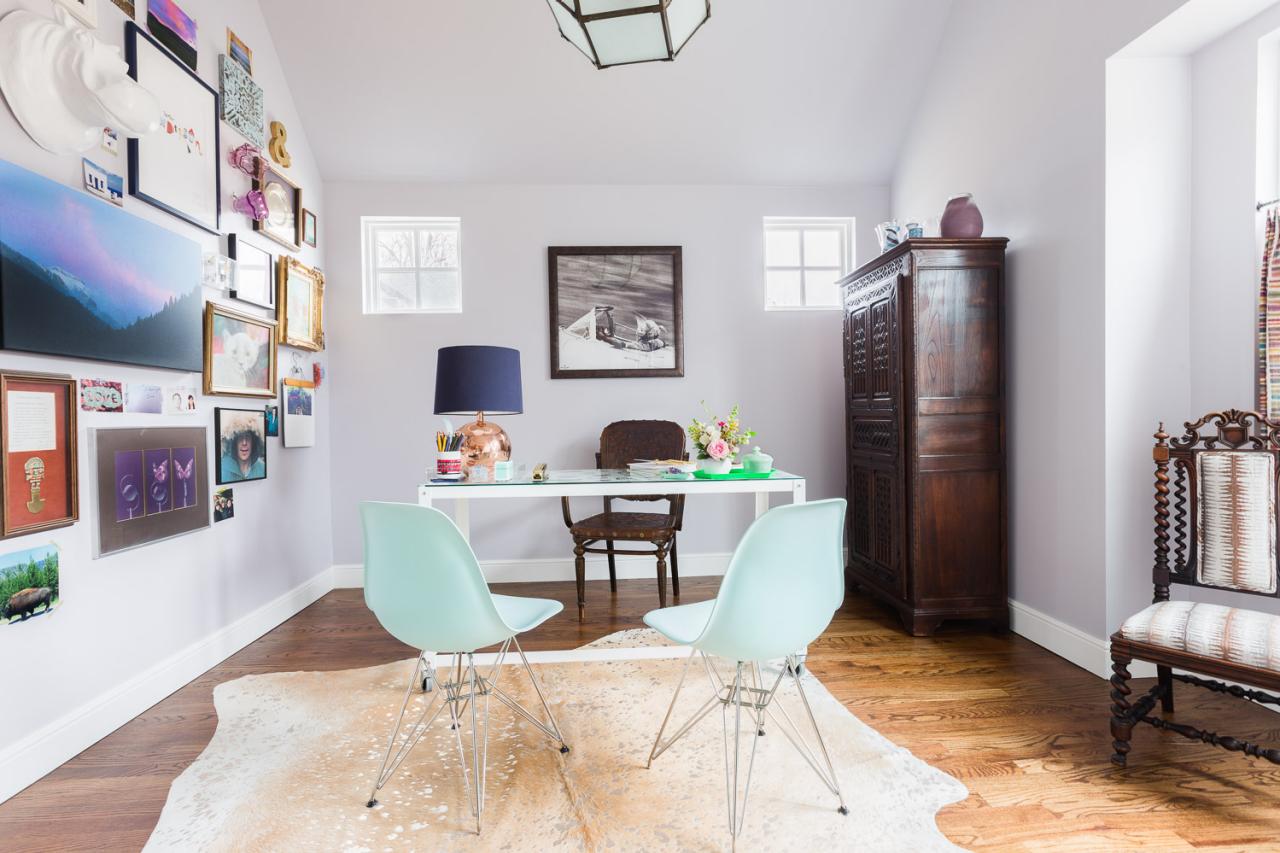If you’re working from home and you’re shopping for a new house, you’ll need to keep your new office in mind when evaluating different potential homes. Your home office is where you’re going to be spending 40 hours (or more) every week – and its layout, positioning, and comfort level could dramatically affect both your morale and your productivity.

Obviously, you can customize your office after you buy a home, painting it, putting up better décor, and investing in the best possible office furniture. However, if you choose a house with your home office in mind, you’ll establish a better working platform for your future.
Important Tips for Home Shopping With an Office in Mind
Keep these tips in mind if you’re shopping for a house and you plan on working from home in the foreseeable future:
1. Review cost of living. Before settling down in a specific area, do some research on cost of living. If you’re working from home, you can probably work anywhere in the world – and still make the same salary doing it. That salary is going to go much further or much shorter depending on where you live. In some cities, you’ll pay much more for housing, groceries, and other common living expenses, so it makes sense to choose an area with a lower cost of living (all other things being equal). It’s a powerful financial move that could put you in prime position to accumulate wealth.
2. Designate a specific room. When you start looking at individual houses, try to designate a specific room to serve as your home office. It’s possible to set up a small desk in a bedroom or take advantage of a corner of the living room, but it’s more spacious and more comfortable to have a full space all to yourself. Is there a convenient room of this home that you think could serve as a home office exclusively?
3. Get yourself a window. While you’re at it, try to get a room that has a window. Window accessibility has the power to boost your productivity and comfort in a number of different ways. For example, you can look into the distance periodically to rest your eyes and relieve the symptoms of computer vision syndrome. You can gaze at nature and benefit from an influx of natural lighting. And in certain seasons, you can open the window to get more fresh air or regulate the temperature of your space.
4. Allow plenty of space. You don’t need much room to make a home office work on a fundamental level; as long as you have room for a desk and enough room to move around, you’re good. But having a bit of extra space can give you a sense of grandiosity and pride, making you feel more in control of your space (and happier with it).
5. Look at positioning. It’s also a good idea to look at the positioning of this room, especially as it relates to the other rooms of your home. For example, is this office directly below the kids’ playroom? If so, you may have to deal with the perpetual noise of stomping and romping around. Is this right by the kitchen, where people are going to be moving in and out all day? Generally speaking, you’ll want a more peaceful area of the house.
6. Consider traffic and other external noise. Looking at the bigger picture, it’s important to consider the ambient level of noise you’re going to face in this house. For example, if you’re right next to a highway, you might have to deal with roaring motorcycles and aggressive horn honking at certain hours. A well-insulated home won’t have as much issue with this, but it’s still worth considering.
7. Contemplate closing options. Is your designated home office room capable of being closed off? Ideally, it will come with a door that allows you to get some privacy and close yourself off to the world. If not, is there a possibility you could add a door, or at least a curtain, in the future?
8. Allow for flexibility. If you’re not sure what you want, try to get a home with plenty of flexibility. For example, are there two rooms that could potentially serve as offices?
Making the Final Decision
Depending on where and why you’re moving, your home office might be pretty low on your list of priorities to consider. It’s probably more important that you’re living in the right city and getting a home for a good price. But at the same time, the quality and placement of your home office matters – and it could influence your working life for years, or even decades to come.
Leave a Reply